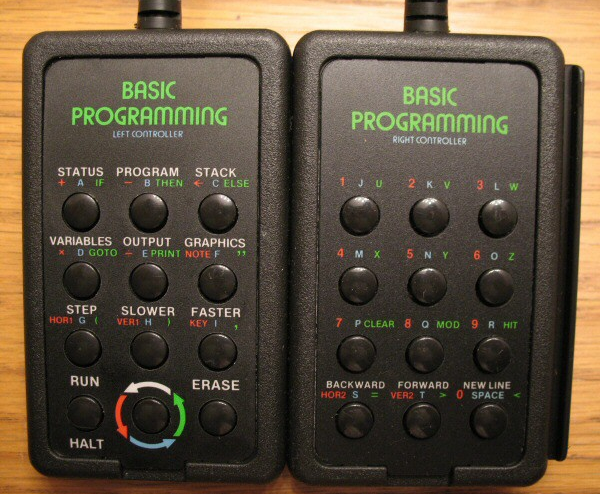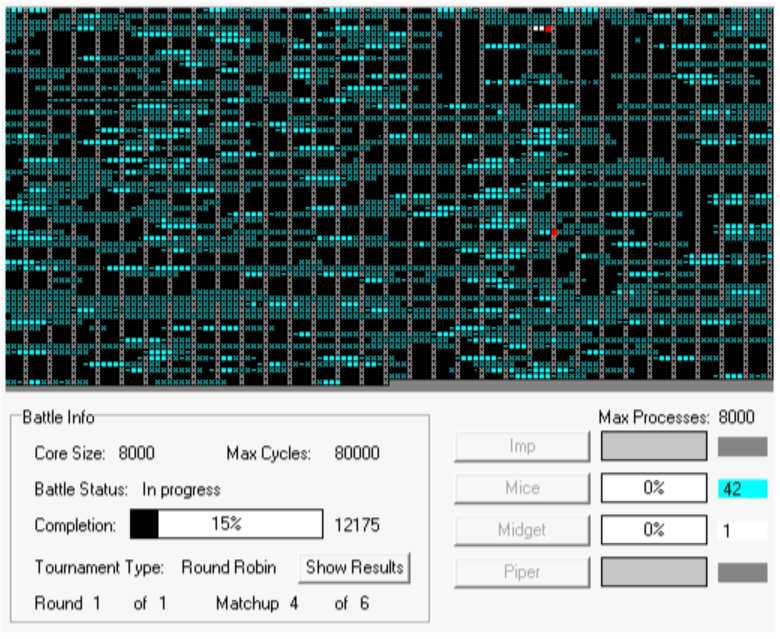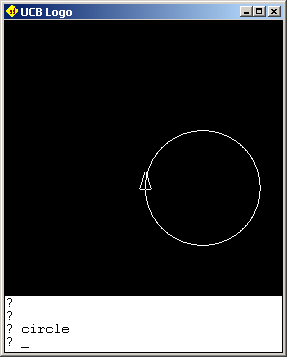
programming languages
Everything I Needed to Know About Programming I Learned from BASIC
Edsger Dijkstra had this to say about Beginner’s All Purpose Symbolic Instruction Code: It is practically impossible to teach good programming style to students that have had prior exposure to BASIC; as potential programmers they are mentally mutilated beyond hope of regeneration. I’m sure he was exaggerating here









